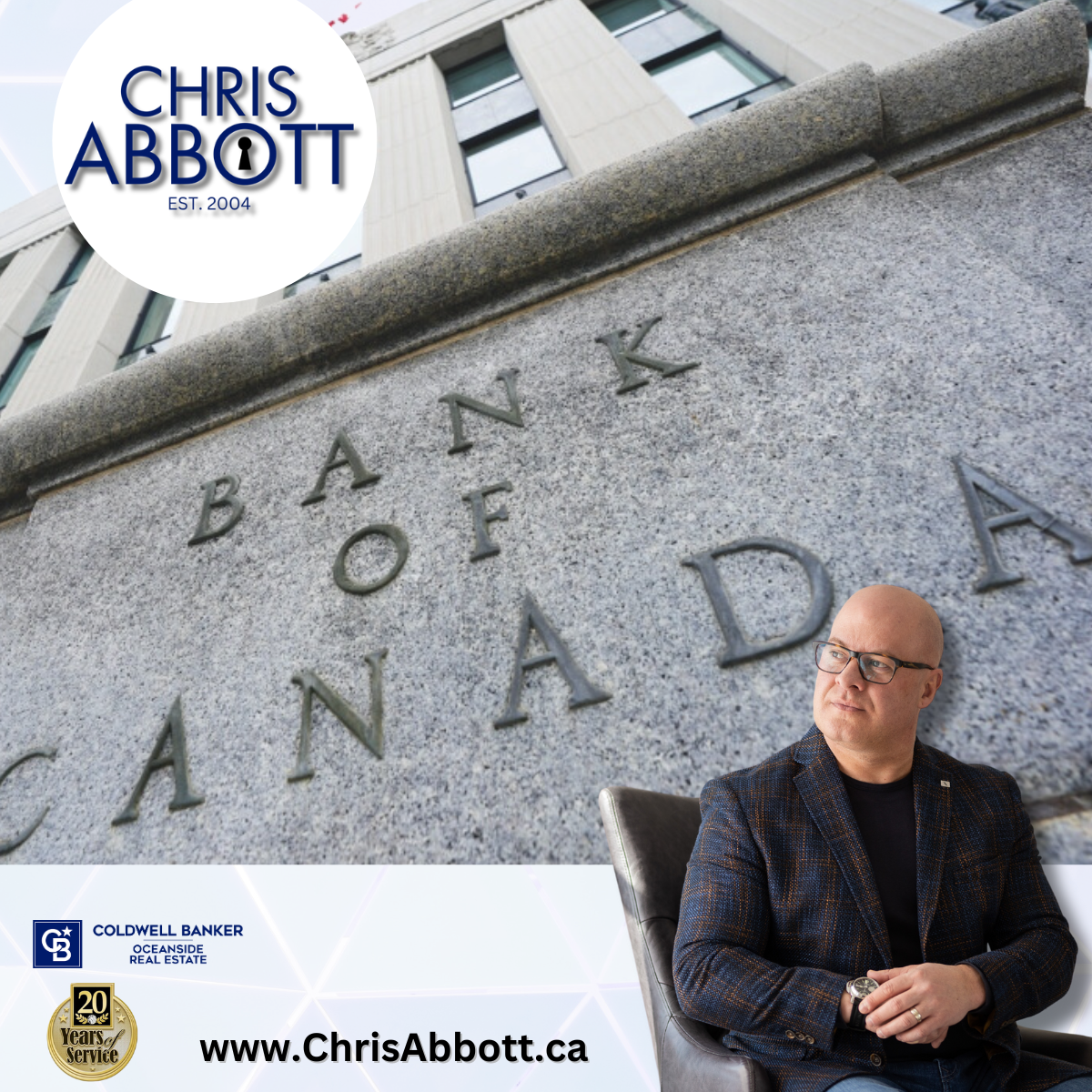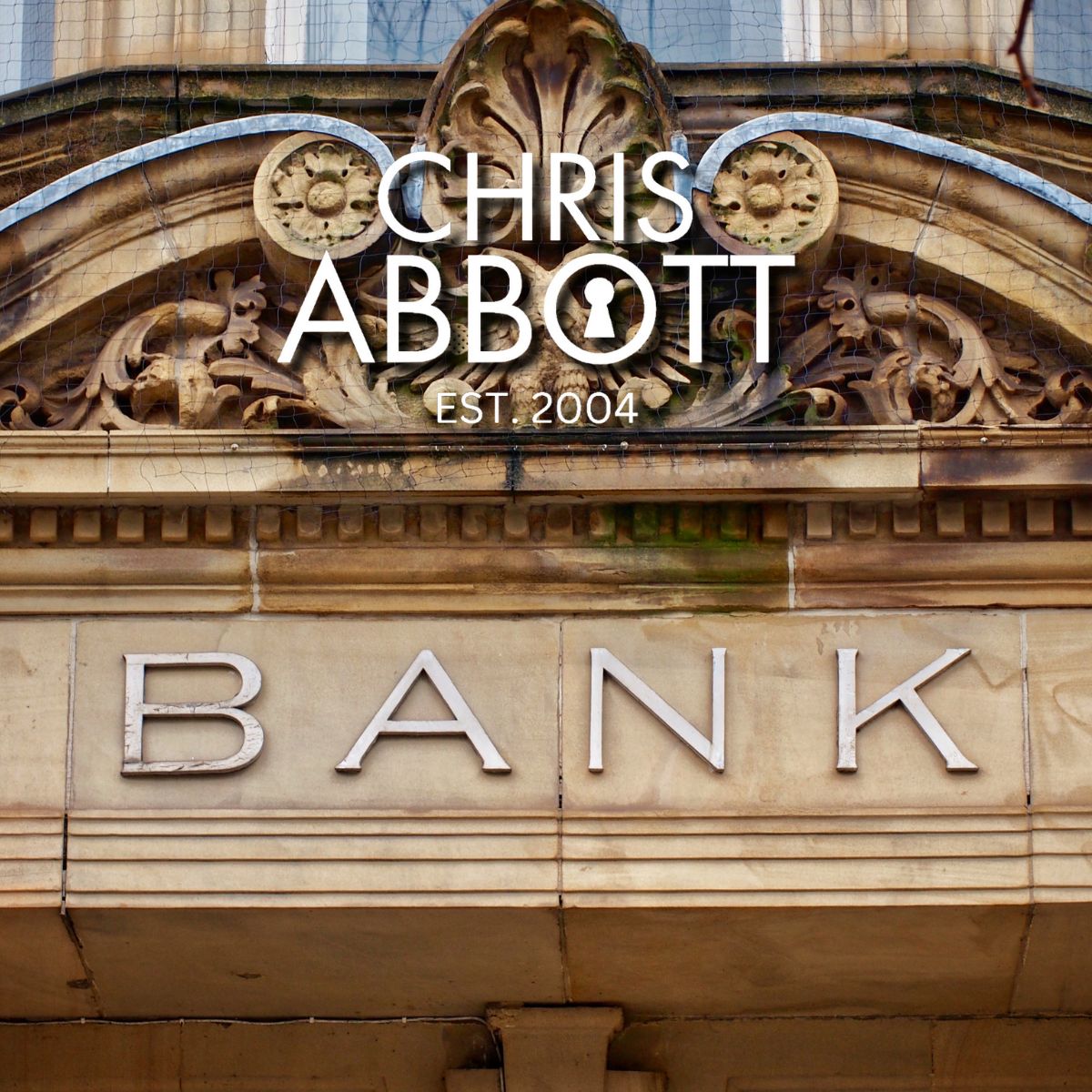When you're ready to start your home-buying journey, you might think the first step is diving into open houses and property listings. However, there’s an essential step that comes even before choosing a house: securing a mortgage pre-approval. For Canadian buyers, this step is invaluable, offering not only insight into your budget but also confidence in the fast-paced real estate market. As a Realtor dedicated to helping my clients make informed and strategic decisions, I always advise getting pre-approved for a mortgage before viewing any properties. Here’s why it matters so much and how it can benefit you as a buyer.
1. Know Exactly What You Can Afford
One of the biggest benefits of a mortgage pre-approval is clarity. A pre-approval provides you with an accurate understanding of how much a lender is willing to lend based on your income, debt, credit score, and other financial factors. Without this pre-approval, you could spend valuable time looking at homes outside your price range, which can lead to disappointment and lost time. With a pre-approved mortgage, you'll know exactly what you can afford, giving you a defined price range and keeping your search focused.
2. Competitive Advantage in a Hot Market
In today’s competitive housing market, sellers often receive multiple offers and have to make quick decisions. A pre-approval letter not only shows that you’re serious about purchasing but also that you’re financially ready. It puts you in a better position to negotiate and strengthens your offer compared to other buyers who haven’t secured pre-approval. Sellers are more likely to choose an offer with financing already approved than one that comes with uncertainties.
3. Protect Yourself Against Interest Rate Hikes
Interest rates fluctuate, and the mortgage rate you receive can significantly impact your long-term financial outlook. By securing a mortgage pre-approval, you often lock in a specific interest rate for 60-120 days, depending on your lender. If rates rise during this period, you’re protected, and if they drop, you may have the option to take advantage of the lower rate before finalizing your mortgage. This rate hold can offer valuable peace of mind and could save you thousands over the lifetime of your mortgage.
4. Avoid the Disappointment of Unmet Expectations
Without a pre-approval, you may find yourself falling in love with a property only to realize later that it’s out of reach financially. A pre-approval allows you to set realistic expectations for what you can afford, helping you find the home that meets both your desires and your budget. This knowledge empowers you as a buyer and ensures that your property search remains productive and enjoyable.
5. Gain Insight into the Buying Process and Potential Contingencies
Pre-approval can reveal potential hurdles in the home-buying process, such as loan conditions or limitations based on your credit profile or debt load. Knowing these contingencies in advance allows you to plan and make adjustments if necessary. For example, if you’re close to reaching a certain threshold with your budget, you might choose to cut back on other expenses or settle for a slightly lower price range to leave room for possible rate hikes or market changes.
6. Flexibility if the Market Shifts
The real estate market can shift quickly, and a pre-approval provides a buffer, ensuring that you’re not scrambling for financing if home prices rise unexpectedly or if lending conditions tighten. Additionally, if a downturn does occur, you’ll already be in a strong position to purchase, which can sometimes lead to opportunities to acquire a property at a favorable price.
Why Choose Chris Abbott as Your Trusted Realtor
With over 20 years of real estate experience and a solid background in negotiation, I bring a wealth of knowledge and dedication to every client I work with. I understand the intricacies of the Canadian real estate market, particularly here in Greater Victoria. As your Realtor, my goal is to guide you through every step of the home-buying process with clarity, strategy, and support. I encourage my clients to obtain a mortgage pre-approval, not just for practical reasons but to help them feel confident and empowered in one of life’s biggest decisions.
With my expertise, I can help you navigate this market efficiently, ensuring that you’re equipped with the tools, insight, and competitive edge you need to make an informed purchase. Whether it’s securing a pre-approval or negotiating the final offer, I’m here to make the experience as seamless as possible so you can focus on finding the home that’s right for you.
Ready to Start?
If you’re considering buying a home, don’t let uncertainties around financing hold you back. Get your mortgage pre-approval in place, and then let’s start looking for your dream home together. Reach out today, and let’s make your homeownership journey a successful one!
Here are some effective hashtags to reach your target audience and enhance visibility:
#MortgagePreApproval #HomeBuyingTips #RealEstateCanada #VictoriaRealEstate #ChrisAbbottRealtor #HomeBuyingJourney #CanadianHomebuyers #RealEstateAdvice #HouseHunting2024 #FirstTimeHomebuyers #BuyWithConfidence #RealtorTips









